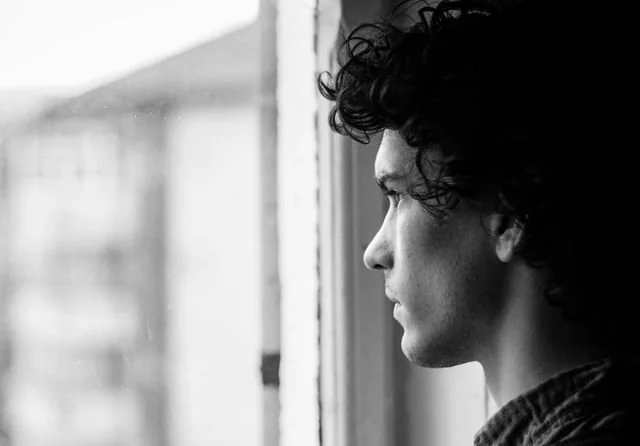We hear the word ‘depression’ used a lot in conversation. You have a bad day at work or a fight with your friend, and you say you are depressed. You lose a family pet or get some bad news about a family member, and you say you are depressed. Sometimes words are just words, but in these situations, you could be confusing depression and sadness.
This confusion between sadness and depression can be crucial for a couple of reasons.
One, you don’t treat sadness the way you treat depression. It is uncomfortable, but you move through the sadness. You allow yourself to feel the emotions associated with sadness because they are a natural response to a specific situation.
Two, this confusion can lead you to minimize depression when it shows up in your life. You tell yourself that you are just going through a rough time, but it will be better soon. You tell yourself that you just need to snap out of it or it’s all in your head, but with depression, it doesn’t get better.
Here is the main difference between sadness and depression: Sadness is triggered by a painful or difficult event in your life. Depression is an abnormal emotional state that can impact many areas of your life.
Sadness is a normal emotion that all of us feel. It is triggered by an adverse experience. With sadness, you don’t sit and wonder: Why do I feel this way? You didn’t do well on an exam, or you ended a romantic relationship. You know why you are sad. While the thoughts and feelings are uncomfortable, they feel natural. And you know that with time, the feelings of sadness will subside.
For example, consider the experience of grief. When I am doing grief counseling, I describe grief as a normal and natural response to a loss. And yet, the sadness of grief can be so powerful and erratic that you decide that you are depressed. But I do not believe that the sadness of grief is the same as the sadness of depression. If you treat grief like depression, you discourage a person from going through the rituals of processing the grief and moving beyond a loss.
Depression is a mental health disorder that can impact how you think and feel about everything. Unlike sadness, it is not triggered by a specific event. With sadness, you might not be at 100 percent, but you are able to function in most areas of your life. With depression, you feel the loss of motivation and energy in every area of life. With sadness, there will still be moments of joy and pleasure. With depression, you lose satisfaction, pleasure, and meaning in many areas: your job, your family, your personal discipline.
Other symptoms of depression include feelings of hopelessness, lack of sleep or too much sleep, overeating or not eating enough. You have difficulty with focus or concentration. You have feelings of worthlessness or excessive guilt. You feel tired and sluggish, with low energy. You lose pleasure or interest in activities, even the ones that you used to enjoy. You have thoughts of dying or suicide.
If you have up to five of these symptoms for at least two weeks, you may be struggling with a major depressive episode. It won’t just go away. You may need to consult a mental health professional.
Treatment for depression may involve medication. These medications will stabilize your mood so that you make the changes in your thinking and behavior that will help you develop a different relationship with the thoughts and feelings of depression.
On my depression treatment specialty page, you will learn about some of the techniques and practices that I use for people who struggle with depression. If you want to know more, you can click on the Contact button below.



